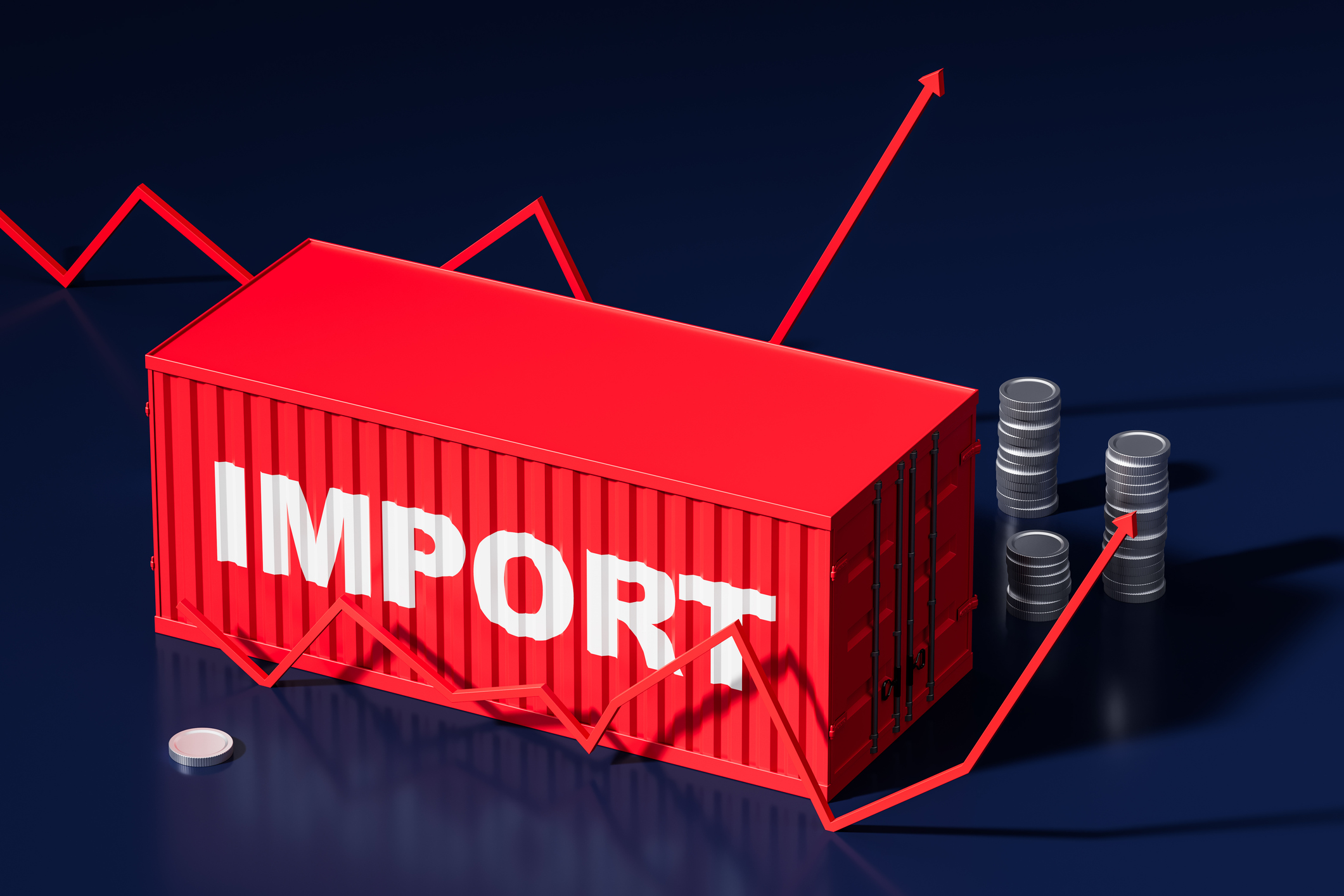It is no news that the administration has launched the section 301 tariff on goods. This is import duties placed on goods imported into the United States of America. These tariffs are assessed at a rate of 25 percent across $34 billion worth of goods from China in annual import value. According to Wayne M. Morrison, of Congressional Research Service, “the United States has implemented three rounds of tariff increases under Section 301 on a total of $250 billion worth of Chinese products, while China has increased tariffs on $110 billion worth of U.S. products.”
The United States Trade Representative (USTR) has said that the proposed tariffs are supplemental action in response to “China’s unfair trade practices related to technology transfer, intellectual property, and innovation, based on finding in its investigation of China under section 301 of the Trade Act of 1974.
Although the tariffs have its numerous benefits such as encourage domestic production of goods, as well as help infant businesses to grow and to restrain the importation of certain types of products which may be deemed harmful, still major companies as well as small businesses are beginning to worry over soon-to-come cost increases from the tariffs.
One of the highest impacted businesses to be in is the auto industry as they are being hit extremely hard with these new 301 tariffs. “The imposition of a 25% tariff on autos and auto parts, on top of the section 232 steel and aluminum import tariffs and the section 301 tariffs on Chinese imports, would result in a total new burden of more than $90 billion annually on the U.S auto industry”—AAPC, reps GM, Ford, Chrysler. Harley-Davidson, a motorcycle manufacturer, says that “In total, we now expect to incur approximately $43 million to $48 million of increased costs related to tariffs during 2018,” CFO John Olin. Automobile giant, Ford in their perspective says, “the metal tariffs took about $1 billion in profit from us, the irony of which is that we source most of that in the US anyway,” CEO Jim Hackett said earlier this month. “If it goes on any longer, it will do more damage.”
The tariffs ultimately mean that goods will be bought at higher prices; moreover, the decreasing incomes will foster a reduction of demand for manufactured goods. Meico Lamp Parts Co., a company based in Lenexa, Kan stated that “it has been able to pass some or all tariff costs to customers, “but other times we just have to eat it,” said Van Elliott, a senior administrator for the company. Meico, has stated that it’s “raising its product price by 10 percent or 25 percent, and Meico has subsequently seen customers reduce purchases and start importing directly from China”
With these already said, it is not far from the truth to state that the tariffs obviously affects the price or cost of goods. Chief Marketing Economist at HIS Markit, Chris Williamson revealed the impact of the tariffs on the prices of commodities. “Tariffs also drove a further marked rise in prices, exacerbating an upward trend in price pressures born out of robust domestic demand,” Williamson wrote. “Average prices charged for goods rose at one of the fastest rates seen over the past seven years while average charges for services showed the second-largest rise since the global financial crisis.” An automobile manufacturer noted that “prices for pallet jacks, tires, and packaging material were higher because of the tariffs.” More so, major companies such as Tesla, 3M, Ford, and Harley-Davidson have lamented the impact of the tariff. They stated that they’re “feeling the burn and expecting millions of dollars in costs from the tariffs.”
The consumers are the receiving end of the impact of the 301 tariffs as they are directly or indirectly paying the price. Survey shows that there is over 10% increase in price of household items. This stems from the fact that companies often pass these new 301 duties onto consumers because these are costs that they cannot absorb.
To be able to cope with the increase and high cost of products directly or indirectly influenced by the tariffs, companies will lay off workers because over half of all U.S. manufacturing companies depend heavily on exports. Steep competitions that stem from the imposition of these tariffs can make companies move their production abroad just to cut cost. U.S. Trade Representative Robert Lighthizer, lamented about the impact this has on the workforce of the nation. “Thousands of Americans who have lost their jobs because of unfair trade practices by China,” he said.
A published report revealed that “the largest jump in input cost inflation since September 2013, due in large part to the tariff costs.” Jacqueline Varas wrote, “Research suggests that the tariffs are directly responsible for inflation, aggregate demand, less capital expenditures, and lower productivity levels.” Sandeep Kanihama is of the opinion that, “Fed officials are likely to look past the tariff impacts upon inflation, which will raise annual inflation rates for 12-month period, as a temporary cost shock – provided inflation expectation remains reasonably well anchored.”
All of this being said, this is the biggest reason why looking into duty drawback is the most beneficial route for all of these businesses. What it comes down to will be the fact that drawback will be the most beneficial method of income recovery in these times of tariff implementation. So if you are a large company, a small corporation or anything alike, take a look at CITTA Brokerage Co. to implement a program and tailor drawback around your business specifically to maximize the amount of refunds owed back to you.
#301tariffs



